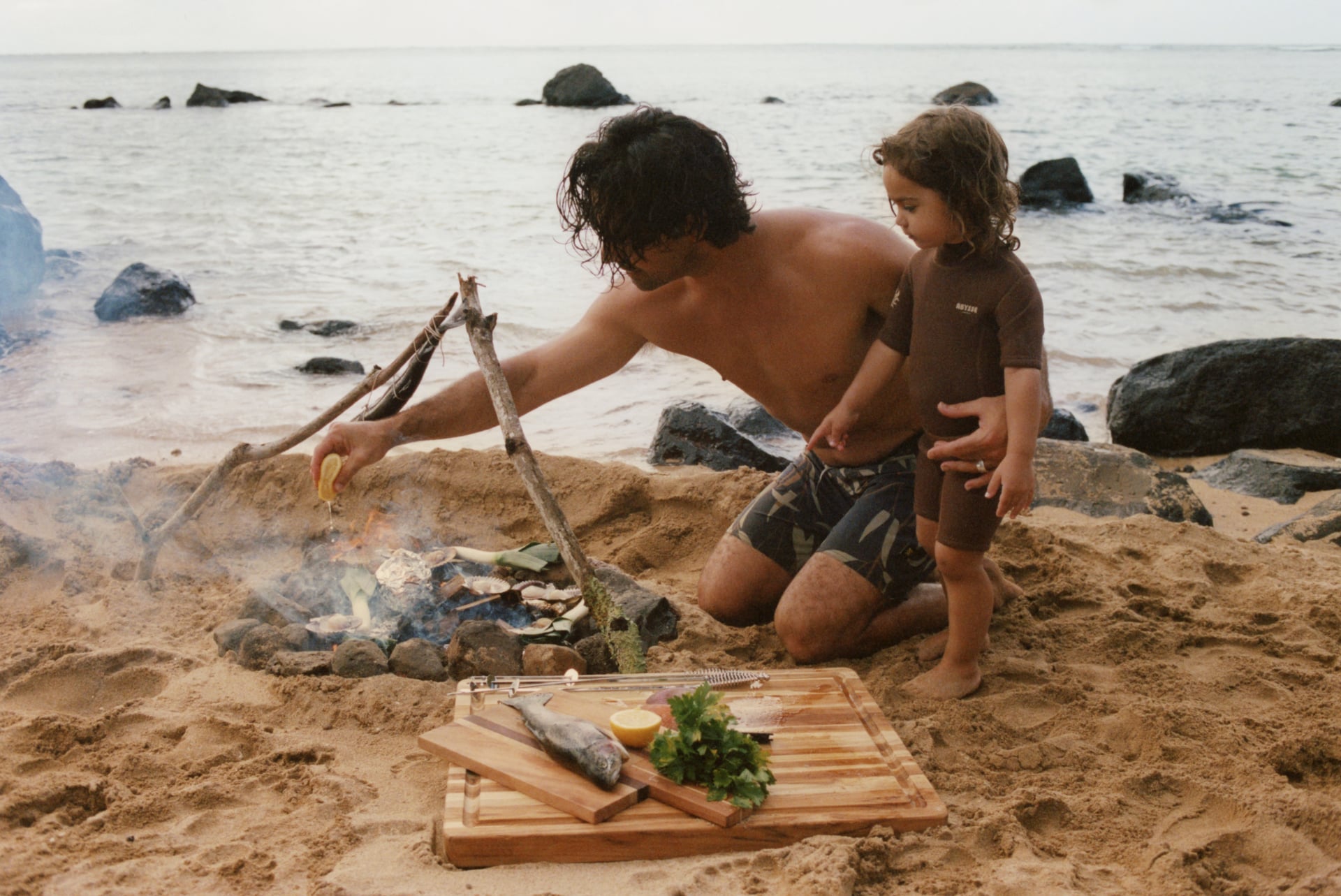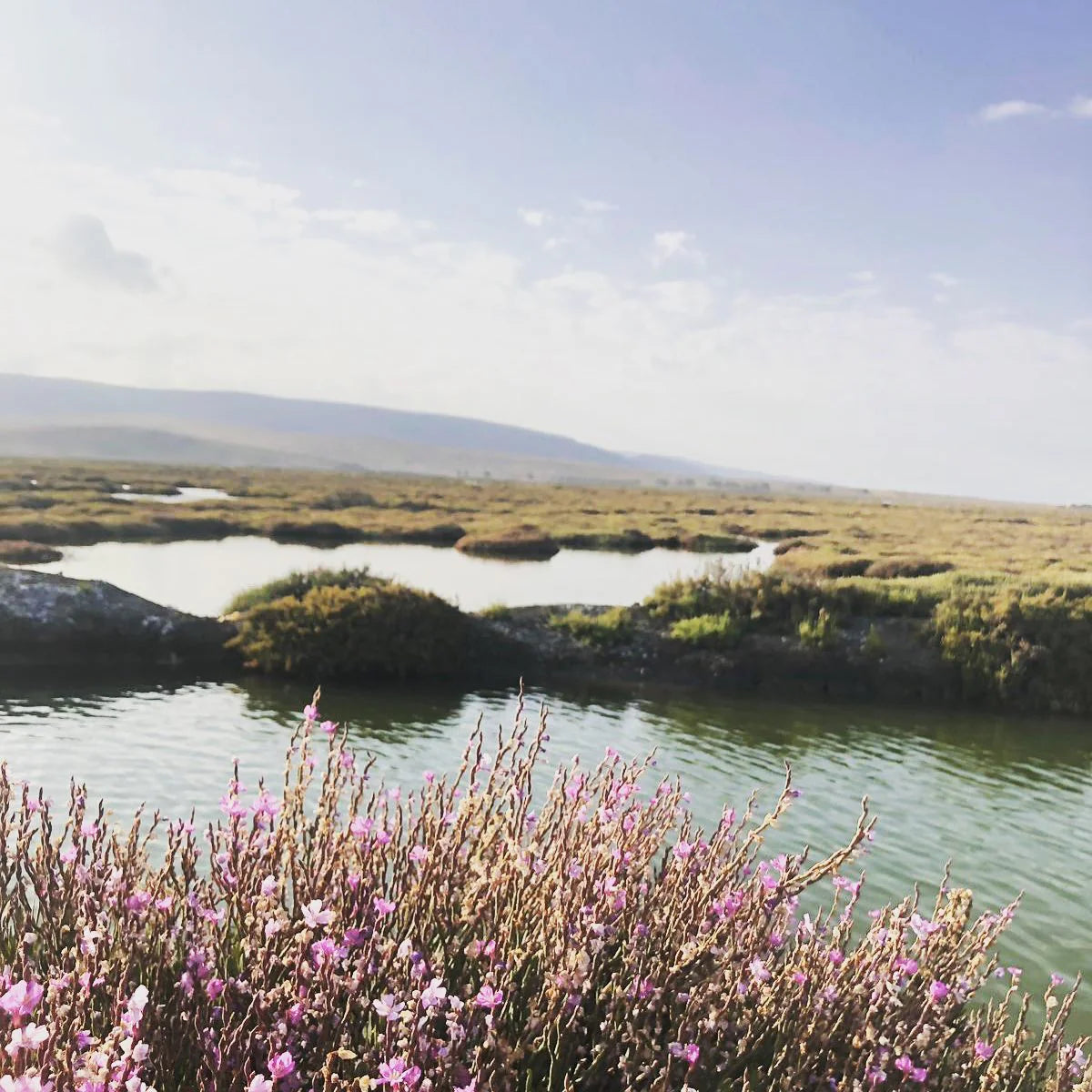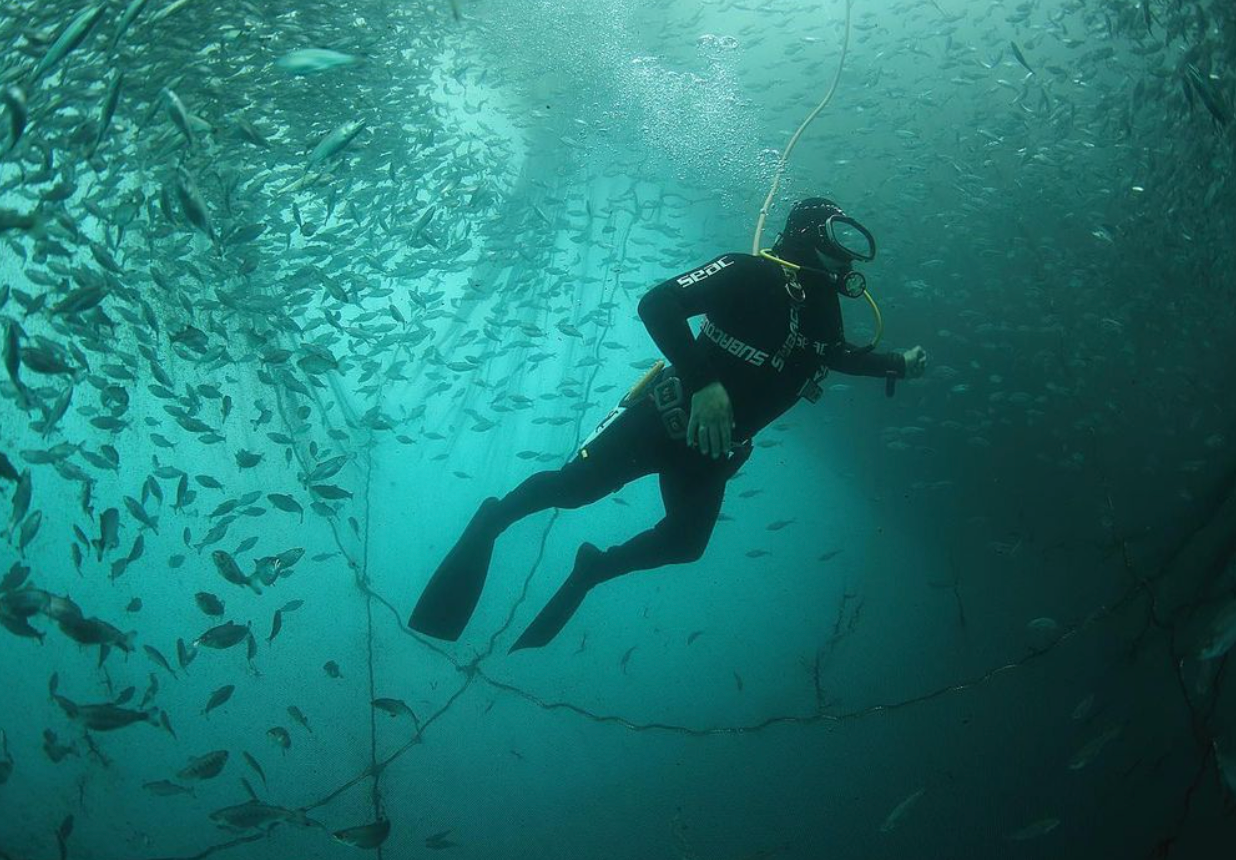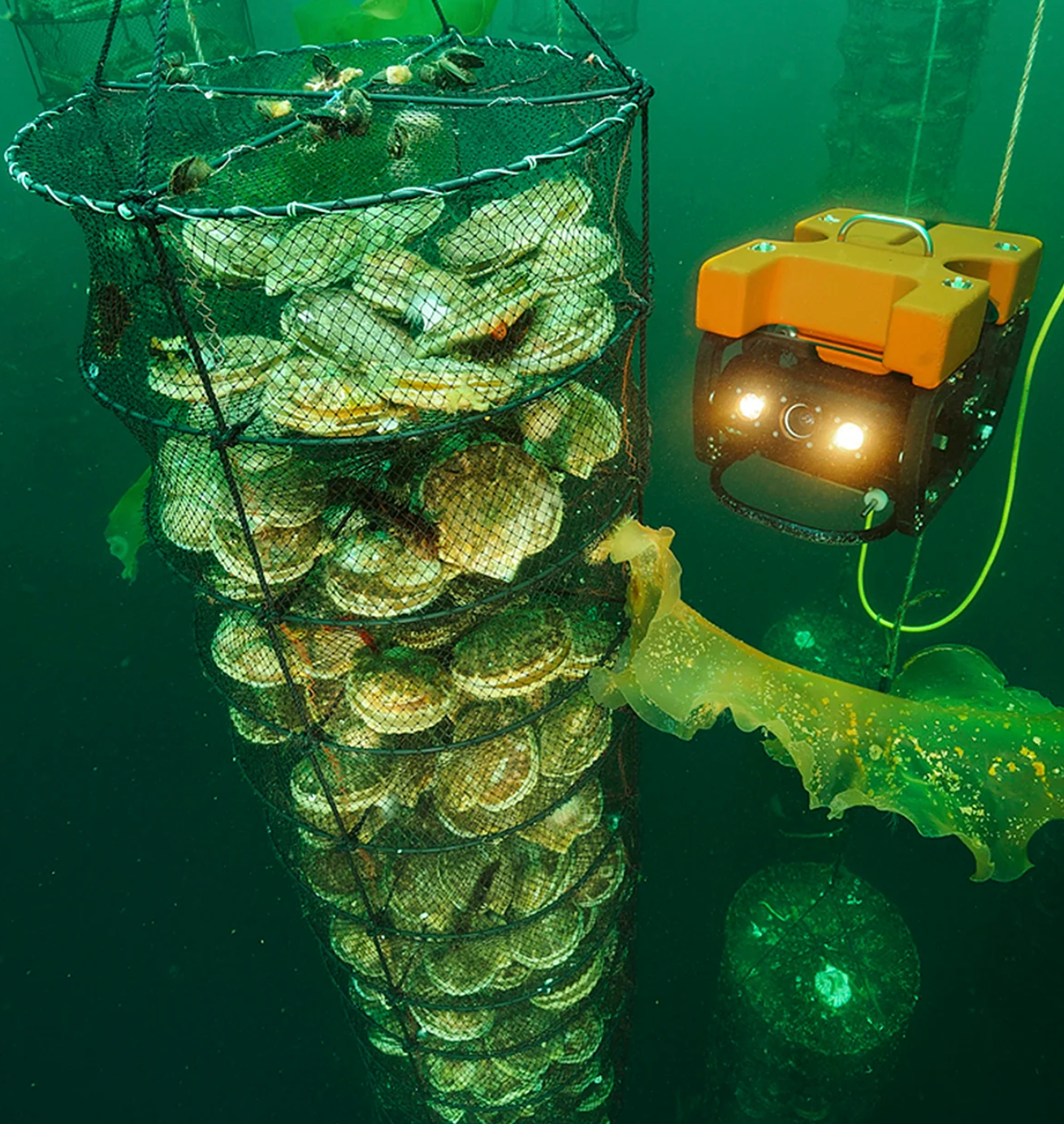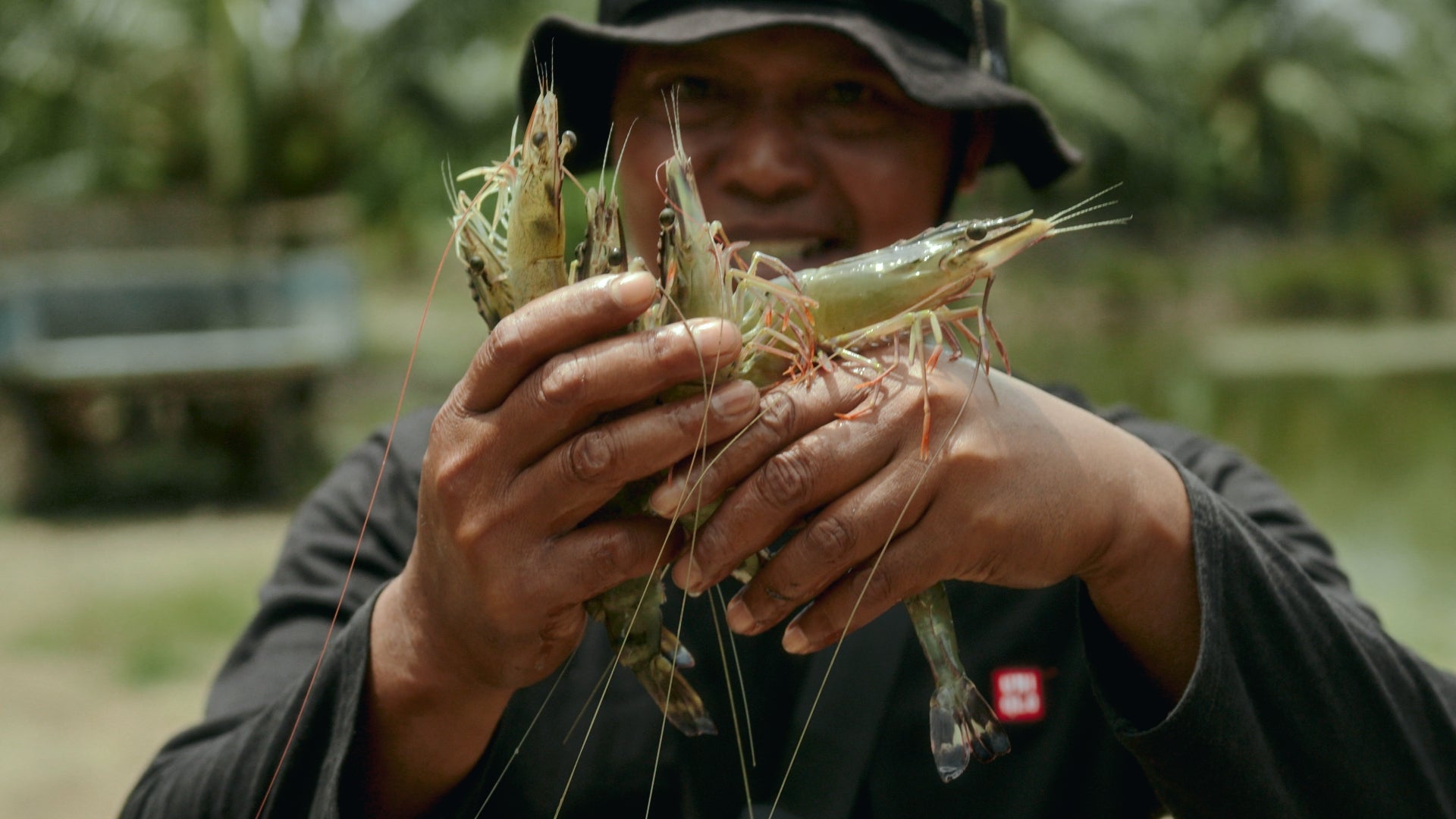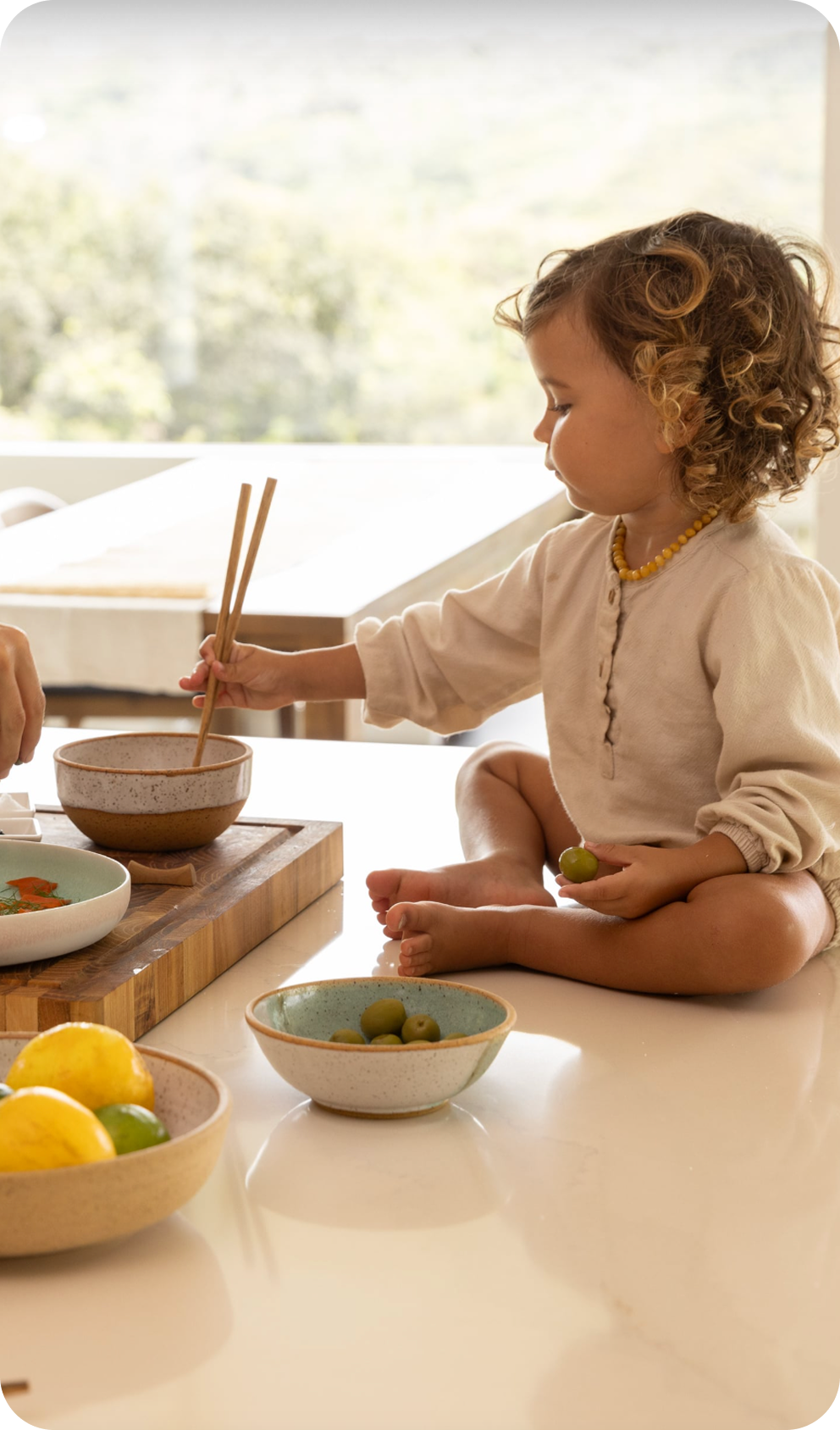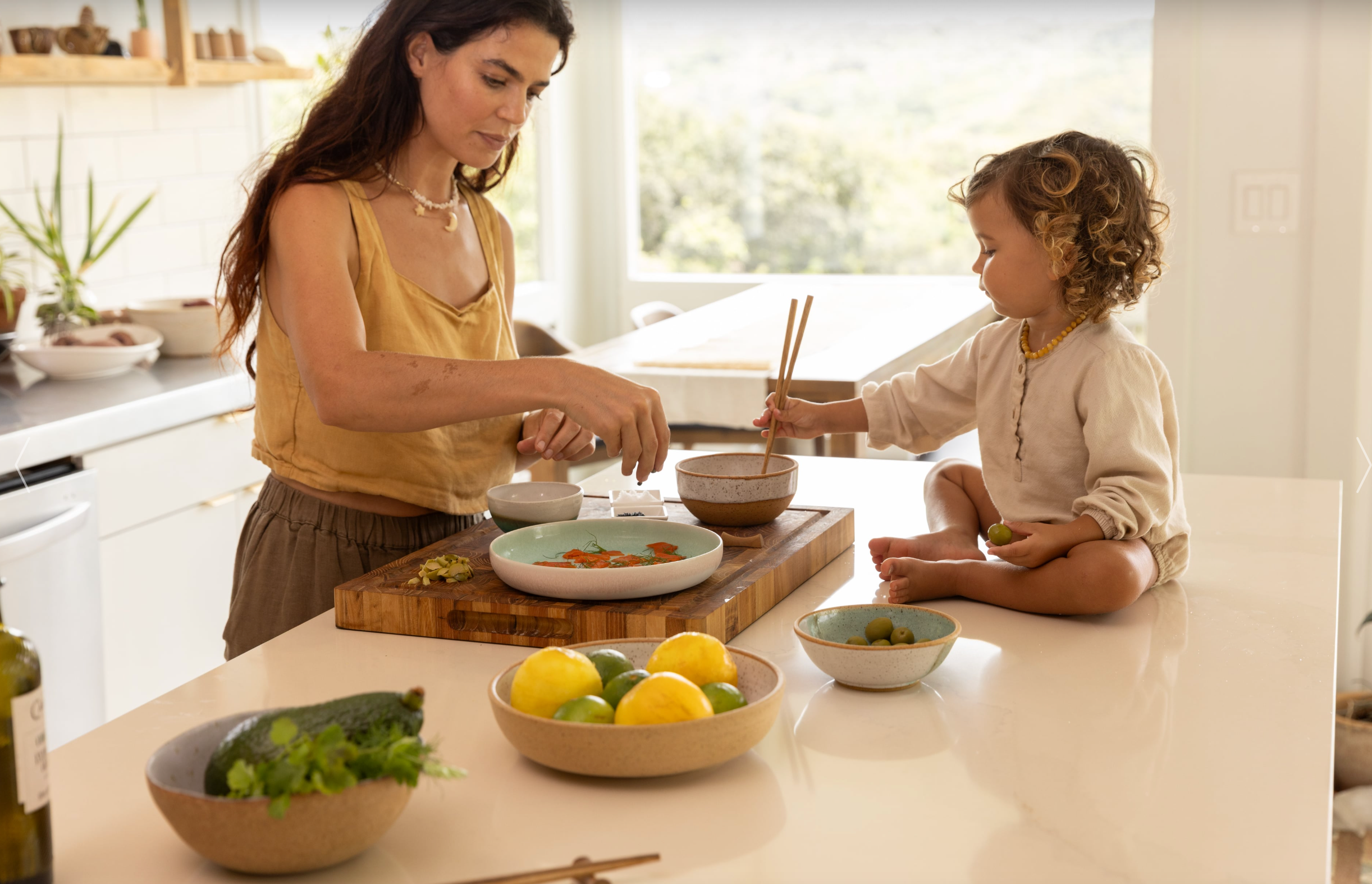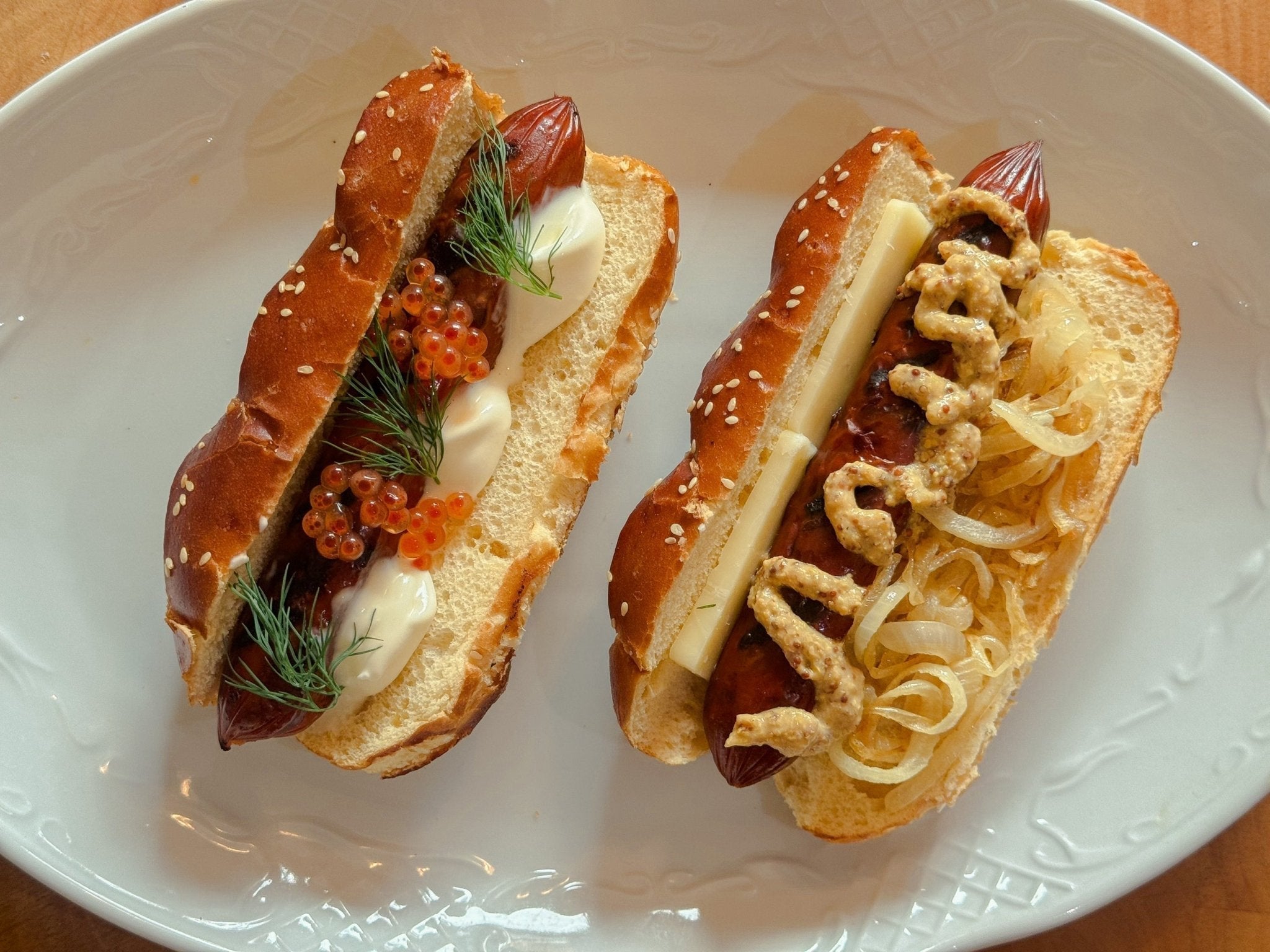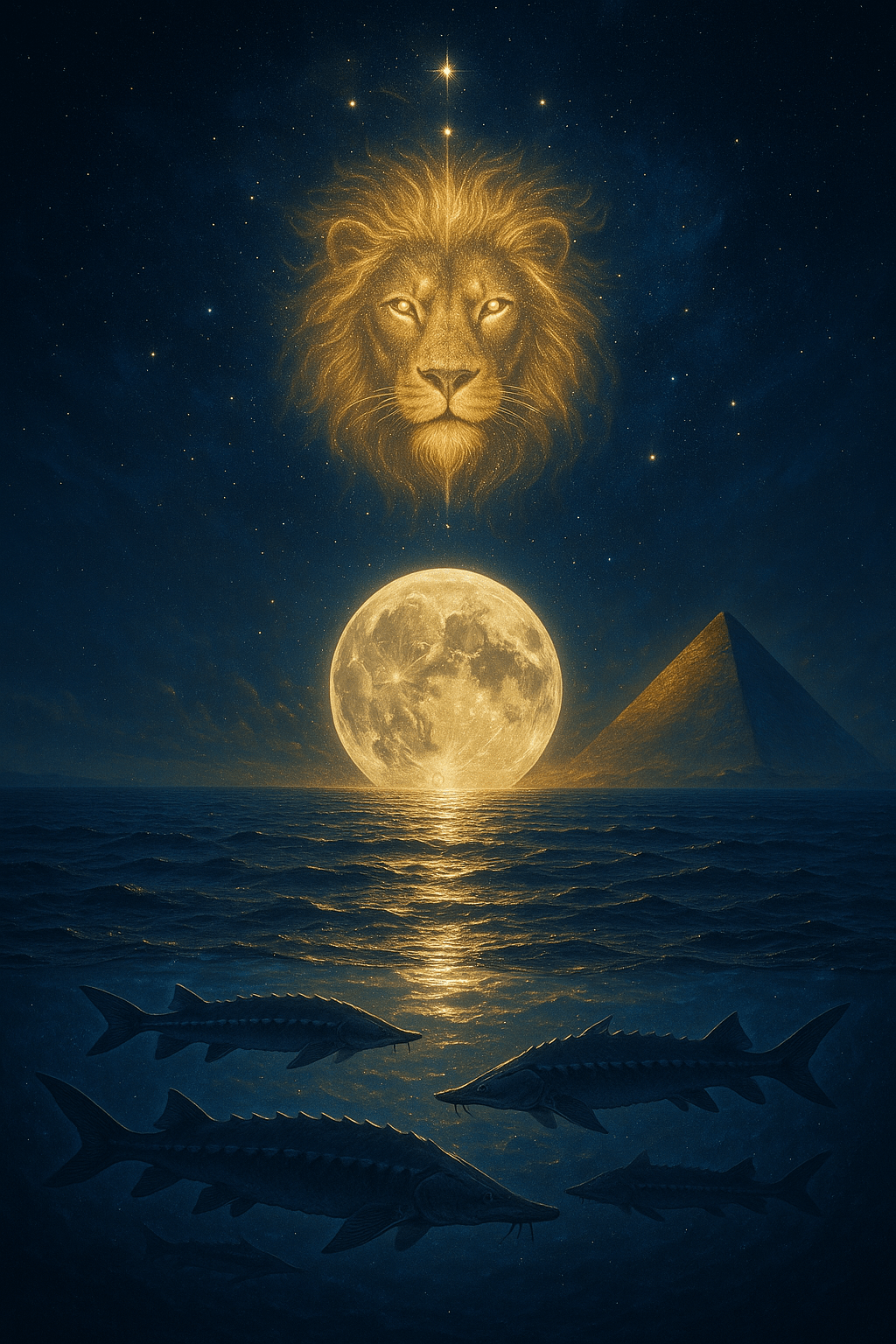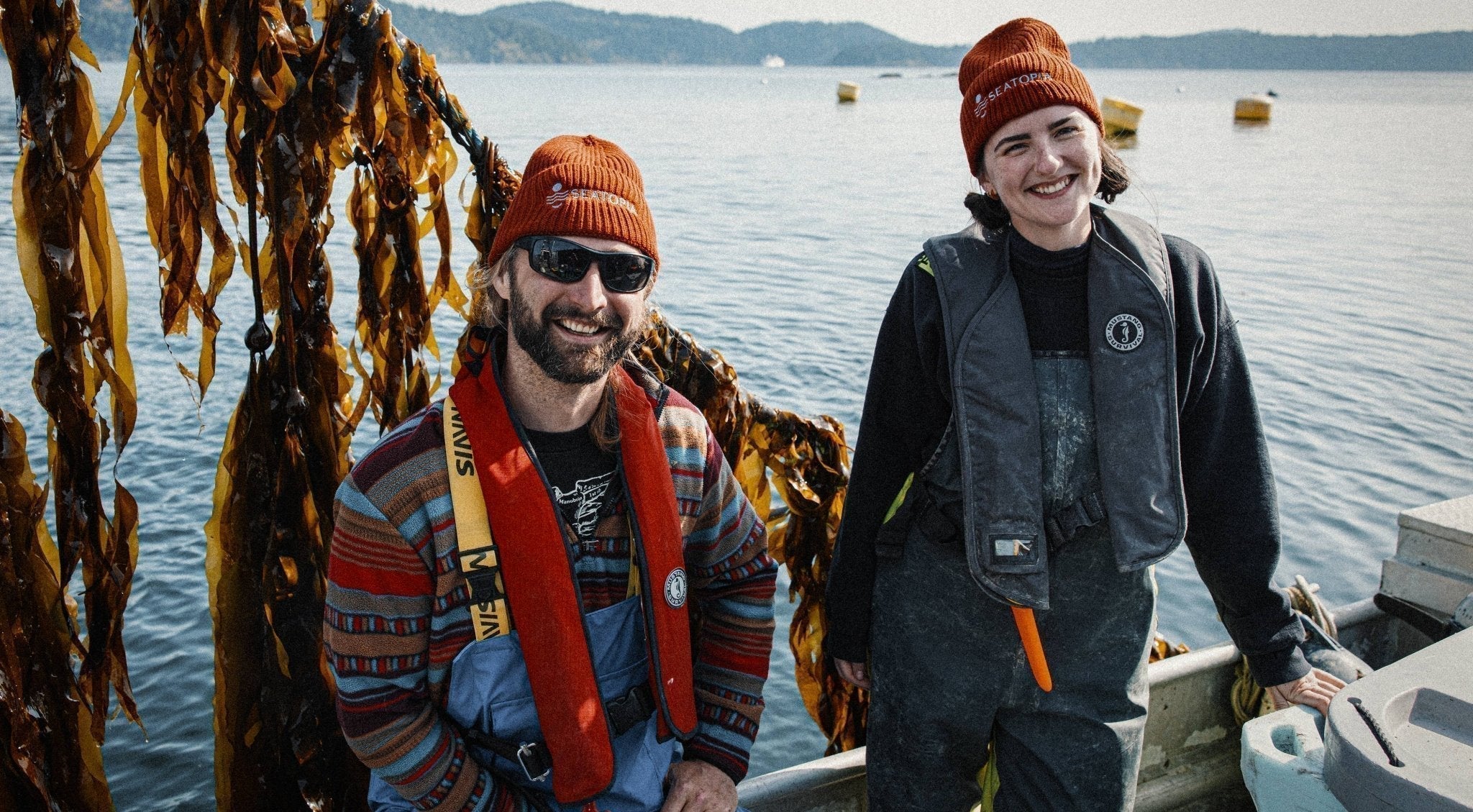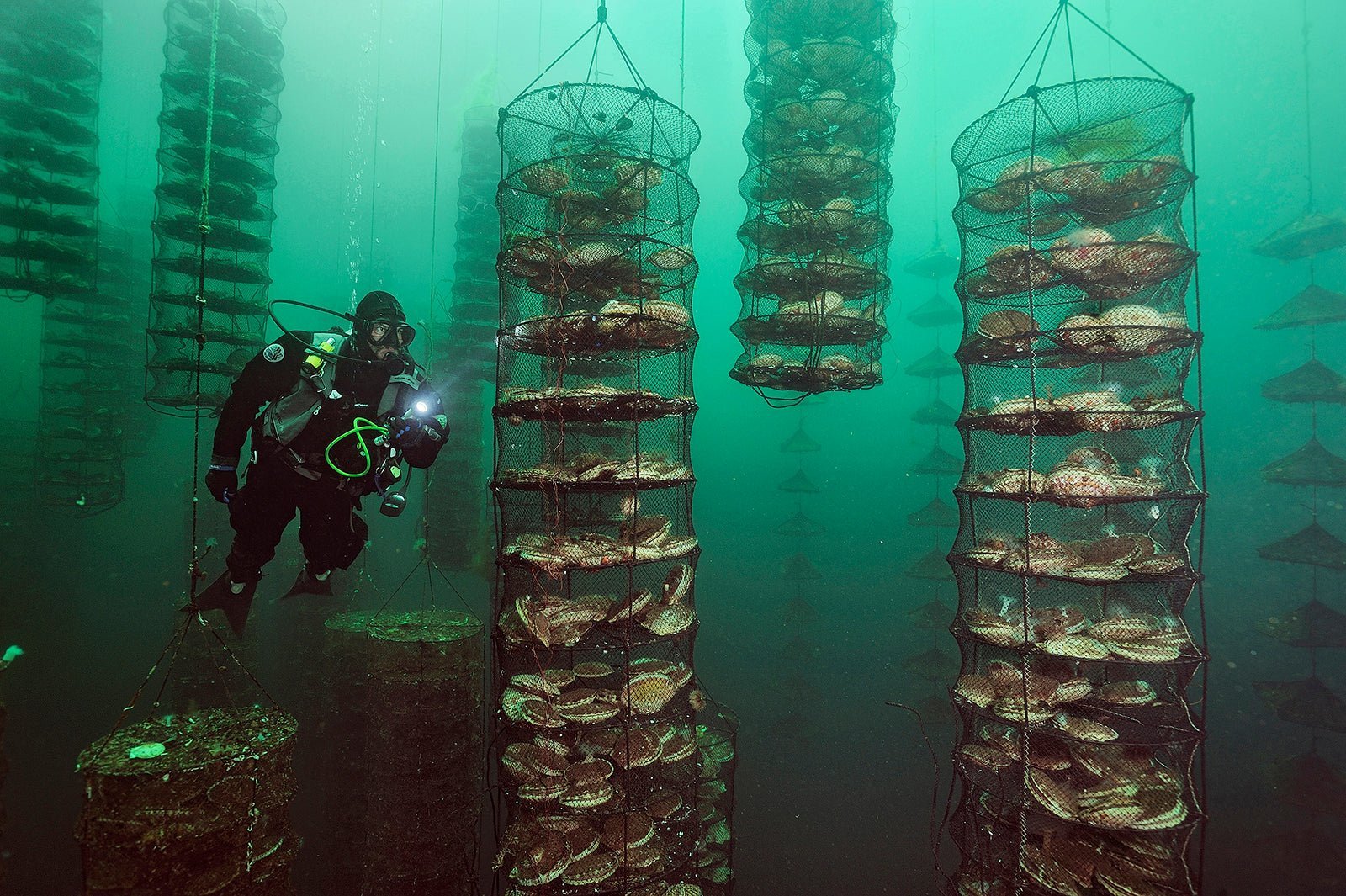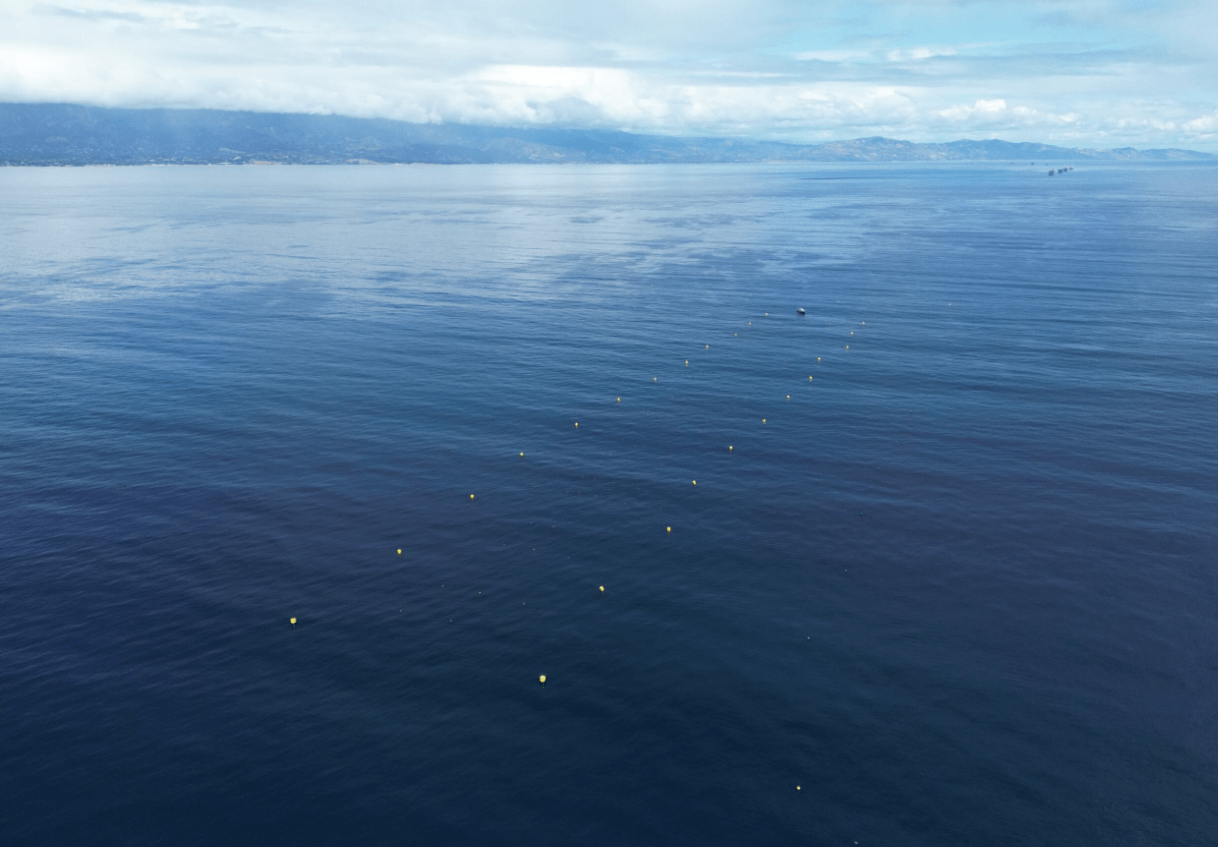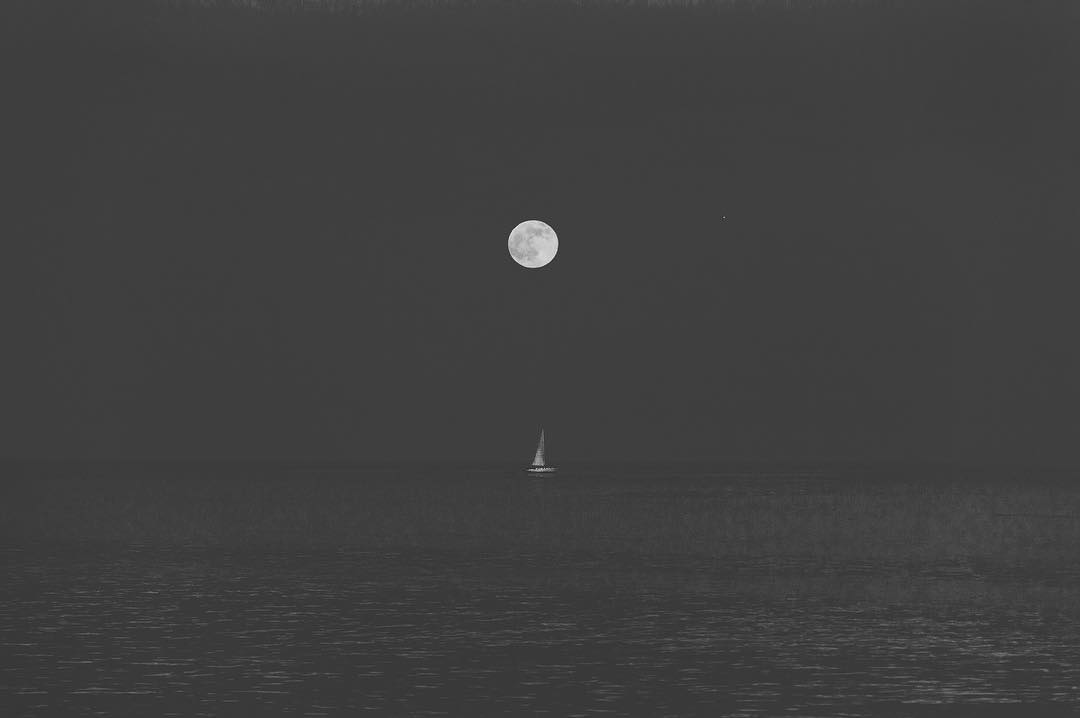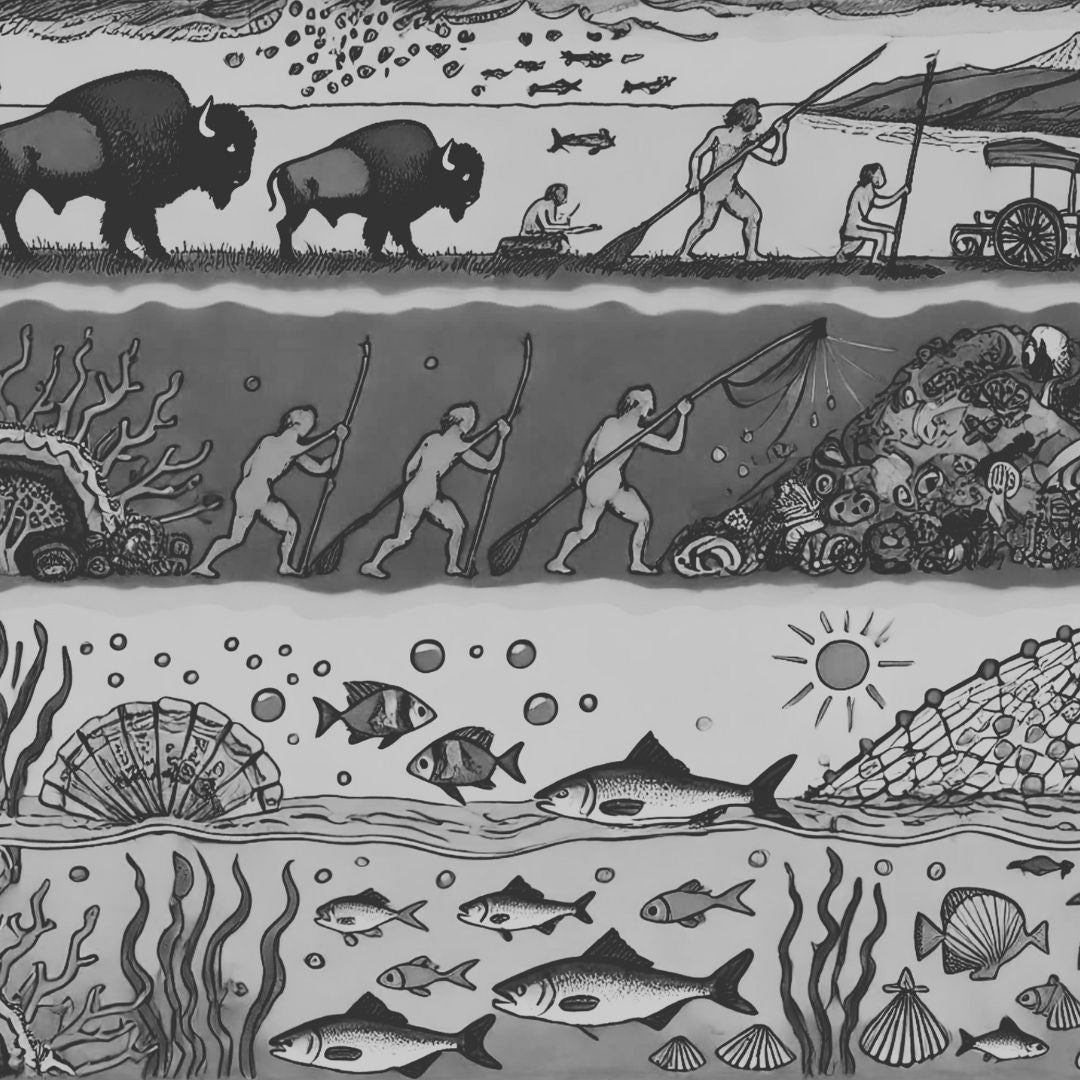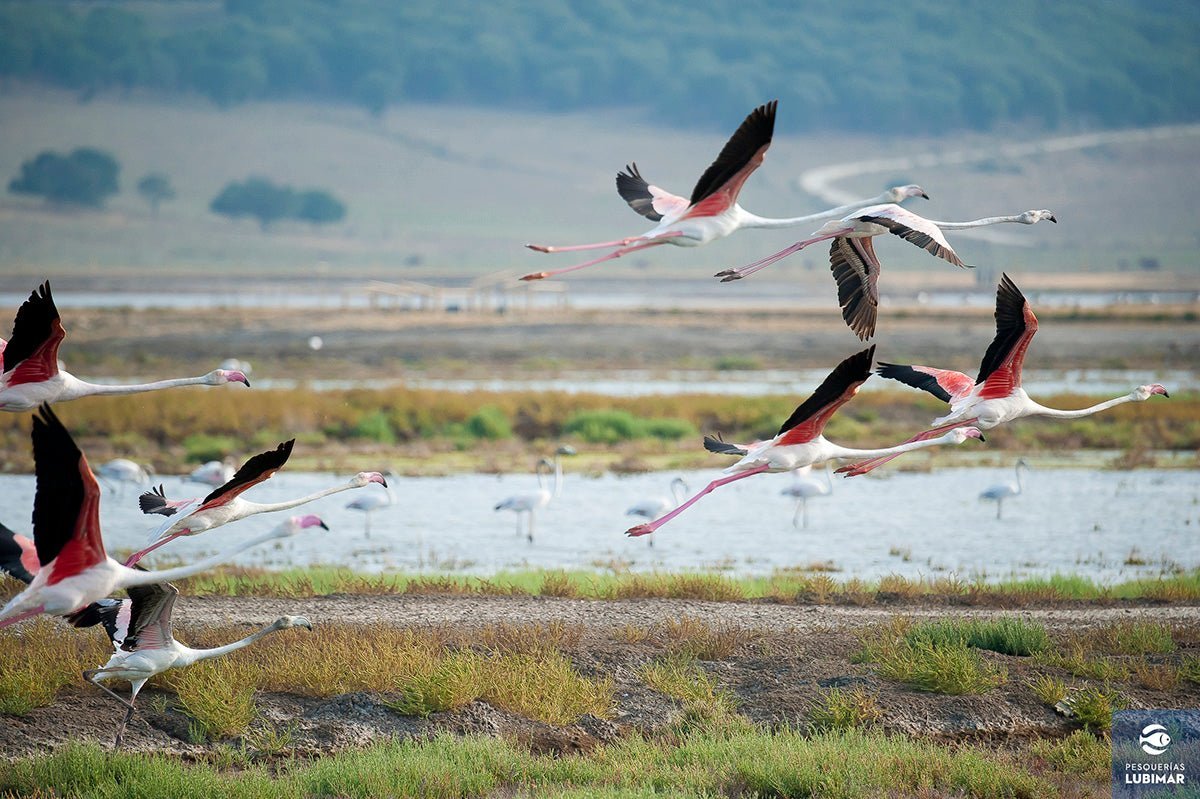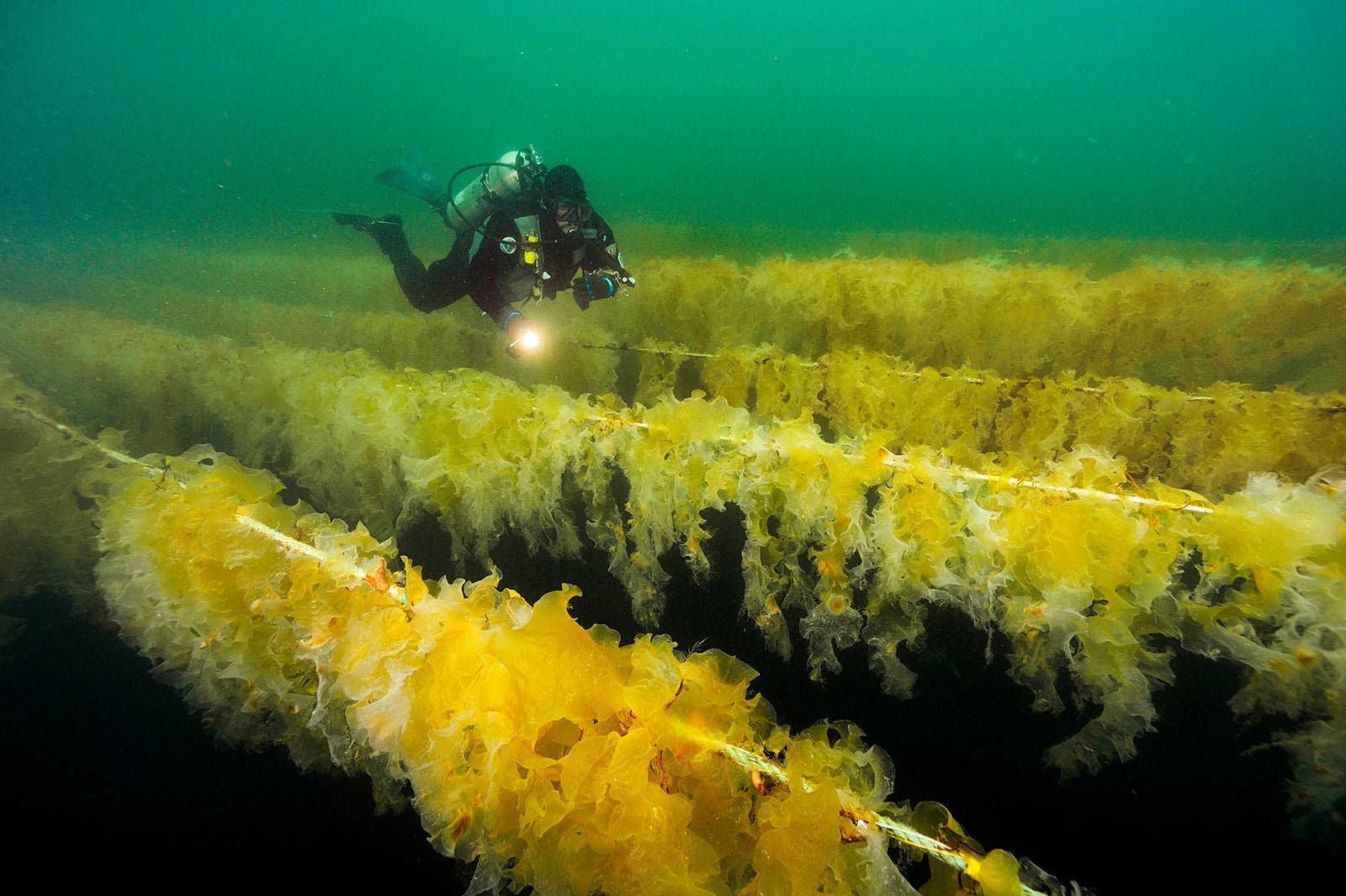Our theory of change
Slogans don’t move markets—measurable health does. When seafood is transparently better for you, demand moves—and supply follows. By aggregating that demand through our direct-to-home model, we fund ocean-positive farms proving what’s possible: low-impact feeds, thriving multi-trophic systems, and seafood that tests mercury-safe (≤ 0.1 ppm) with zero detectable microplastics.
Health first. Regeneration as the outcome.
50,000+
Seatopians voting with their forks
25,000+
kelp trees planted
1000+
mangrove trees planted
10+
farm partners advancing Aquaculture 3.0
≤ 0.1 PPM mercury
Mercury-Safe standard; 0 detectable microplastics
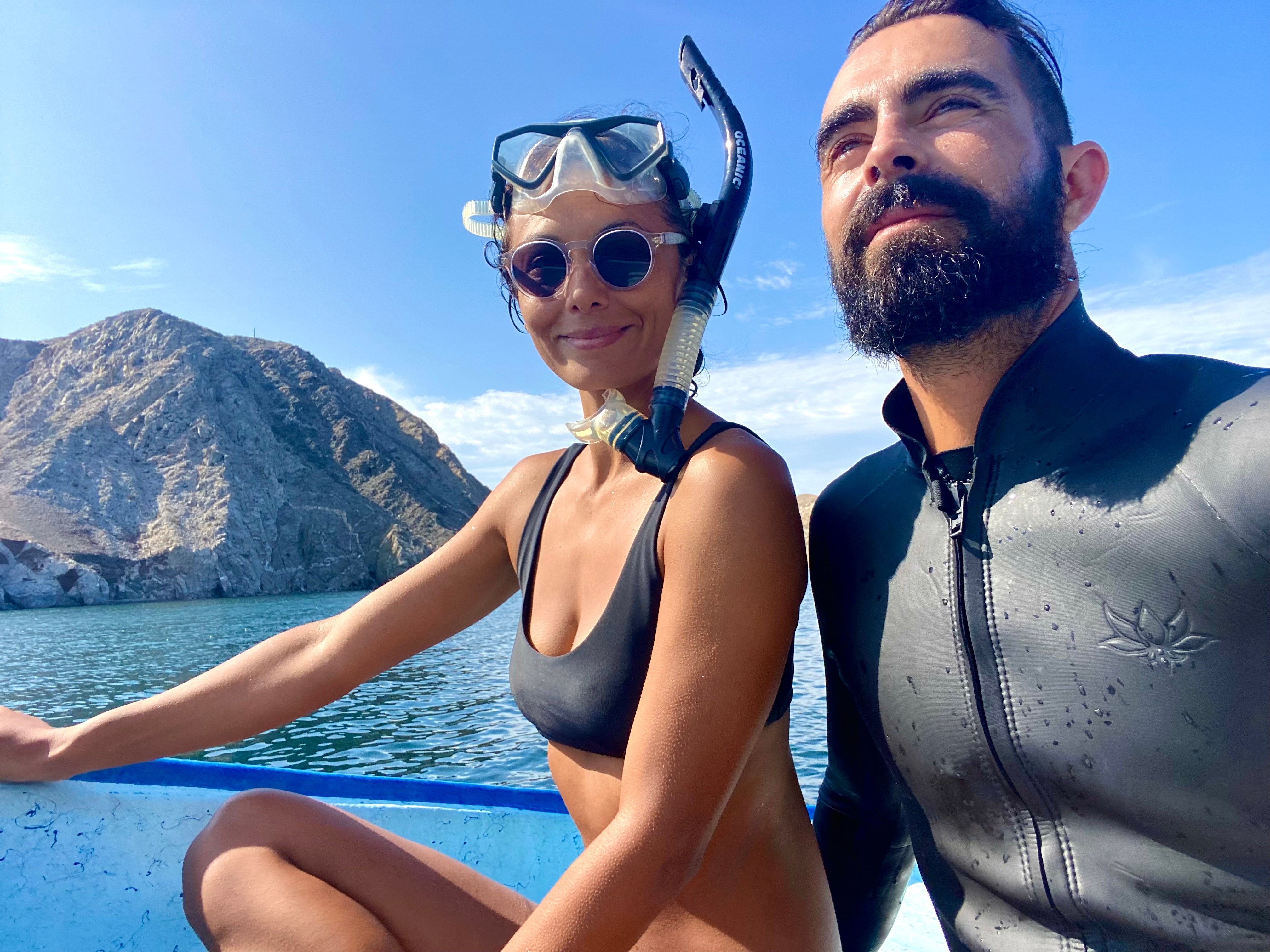
Our Story
Hi, We are James & Daniella
They called it ‘Earth,’ but they were wrong. More than 70% of this planet is covered in water. The ocean is not just where life began—it’s what makes life possible. Seatopia exists to restore the balance between land and sea, because when we protect the ocean, we protect everything. Seatopia isn’t just a seafood brand—it’s a vision for a better world.
Let’s dive in.
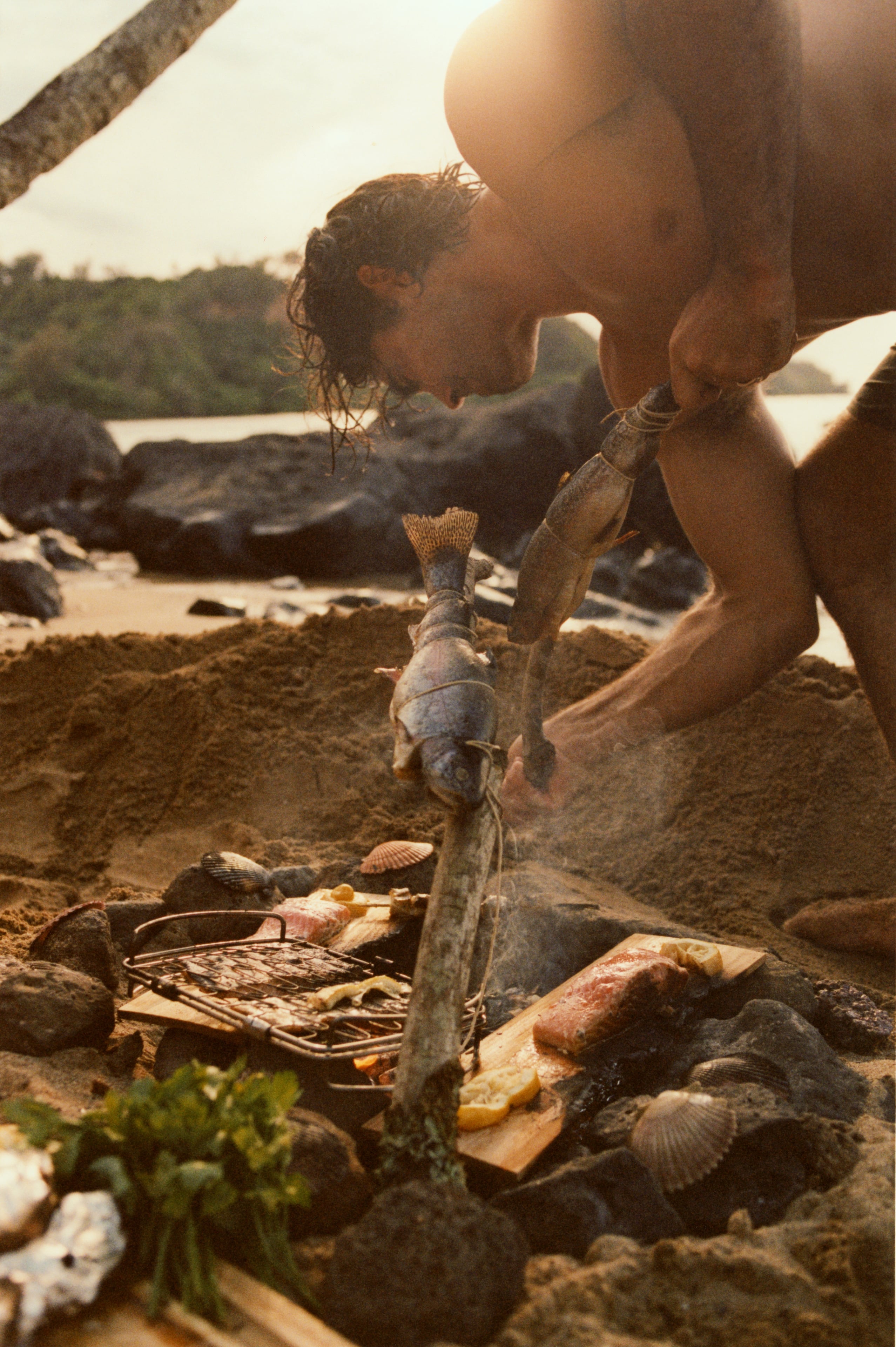
Seafood was the original superfood, fueling human evolution and brain development.
Throughout humankind's evolutionary history, seafood nourished our bodies, brains, and communities. Early humans thrived in coastal environments, consuming marine-based omega-3s that shaped cognitive function and longevity. But not all modern seafood is created equal.
SEATOPIA STANDARD™
Certificate of Analysis Lab Tests
See our latest Certificate of Analysis (COAs) and learn more about the lab testing procedures used to quantify the Seatopia Standard™ for every product.

I am a surfer, sailor, and once-upon-a-time aquarium scrubber. I spent years sailing across the ocean, traveling to marine protected areas and vetting artisan aquaculture farms, building relationships, and importing the best seafood from around the world.
Think of these artisan farms as the good guys of the seafood industry. They are small-scale, and the fish are raised in low-density, antibiotic-free conditions, and fed innovative nutrients like micro-algae-based oils.
First, I created monthly CSA boxes for people willing to vote with their forks. People who wanted clean seafood sourced with the best standards. People who were keen to receive deliveries only on the full moon. (Ah, the good old days.)
From the start, we established a level of trust with our members that few brands ever achieve. We went the extra mile to test for mercury and microplastics, ensuring less than 0.1 PPM of mercury and zero detectable microplastics in our seafood. Our members knew that no matter the trends, we would always make decisions with their health and our planet in mind.
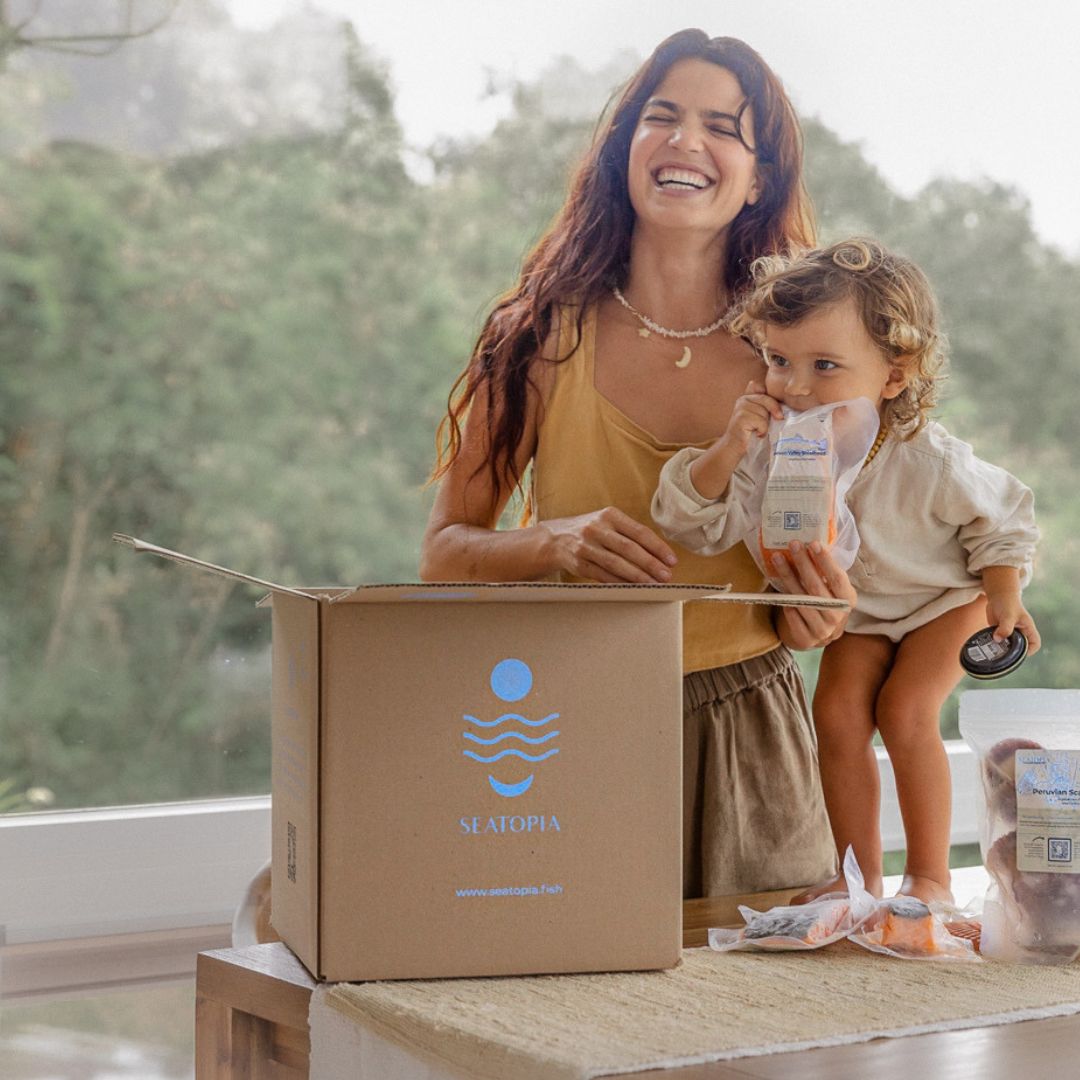
As demand grew, so did Seatopia.
A surprising amount of vegans became customers. We would never have guessed vegans would love us, but many of them (“seagans”) make a dietary exception due to our rigorous testing and polyculture practices.
People often think of gourmet seafood as a delicacy reserved for expensive restaurants. We’re out to change this culture by offering Michelin-quality seafood at home, wherever that may be.
We believe seafood should be a simple pleasure, not a guilty one and are on a mission to revolutionize seafood production by fostering regenerative aquaculture practices that restore marine ecosystems and deliver clean, nutrient-rich seafood to consumers worldwide. We welcome you to join us.
Join 100,000+ members transforming their health
Seatopia customers are experts in healthy eating.
We work with artisan aquaculture farms around the world who are using innovative feeds to grow the most nutrient dense, cleanest seafood on the planet.
Join the tide of regeneration.
There is more to our story.
Read blog posts Blog posts from aquaculture blog.
Introducing the Seatopia Trout Dog: Seafood, Reimagined
At Seatopia, our mission is to connect families with the cleanest, most nutrient-dense seafood raised on regenerative farms. That’s why we’re thrilled to share Trout Dogs, a unique creation from our longtime partners at McFarland Springs Trout Farm—the pioneering regenerative aquaculture farm in Northern California that sets the gold standard for eco-friendly trout.
From Sustainability to Self: How the Ocean Taught Me That Food Is Medicine
🌕 Sturgeon Moon Reflections – A Portal for Nourishment & Change
This August, the Sturgeon Moon rises in the glow of the Lion’s Gate Portal—an ancient astronomical alignment of the Earth, Sun, Sirius, and Orion’s Belt. In many traditions, this is a time for vision, renewal, and aligning our choices with the future we wish to create.
For Seatopia, it’s a reminder that personal nourishment and planetary regeneration are inseparable.
Our founder, James Arthur, shares how his journey from sustainable seafood advocate to food-as-medicine advocate revealed a deeper truth: focusing on clean, nutrient-dense seafood not only transforms human health—it accelerates the shift to regenerative aquaculture that heals our oceans.
And if you’re looking to mark this rare alignment with something sacred at your table, consider:
💎 Salmon Roe (Caviar) – Nature’s Multivitamin →
Revered by traditional cultures, rich in DHA, EPA, and micronutrients, and sourced from farms that restore marine ecosystems.
🌕 Only 54 Full Moons Until 2030. Each one is a chance to realign—with nature, with nourishment, and with the future you want to see.
A Milestone in Ocean Regeneration: Celebrating 20,000 Kelp Trees Planted
Celebrating 20,000 Kelp Trees Planted for Ocean Regeneration
Thanks to the Seatopia community, we've planted over 20,000 kelp trees in British Columbia, creating a thriving kelp forest that supports marine life, improves water quality, and helps offset ocean acidification. This milestone is just the beginning—together, we're regenerating our oceans, one kelp tree at a time.
A Conversation on Regenerative Aquaculture & the Future of Clean Seafood
Seatopia founder, James Arthur joins a leading health podcast to explore how regenerative aquaculture delivers cleaner, omega-3-rich seafood.
Ocean Rainforest’s Offshore Kelp Farm in Southern California
61 Full Moons to 2030: Protecting Our Oceans with the 30x30 Campaign
What Do Buffalo And Fish Have In Common?
Introducing Esteros Lubimar: A Regenerative Approach to Exceptional Seafood
Seatopia Celebrates 13,000 Kelp Trees Planted


